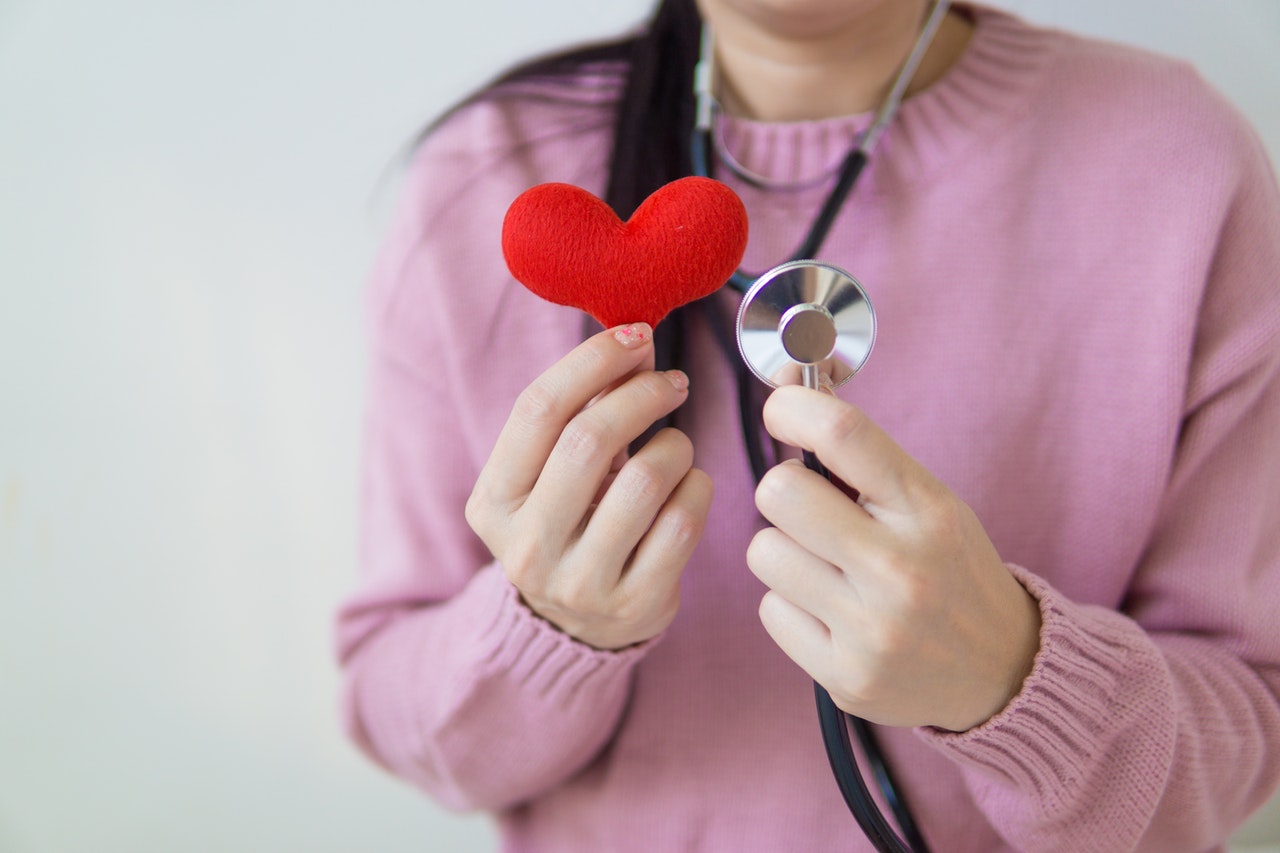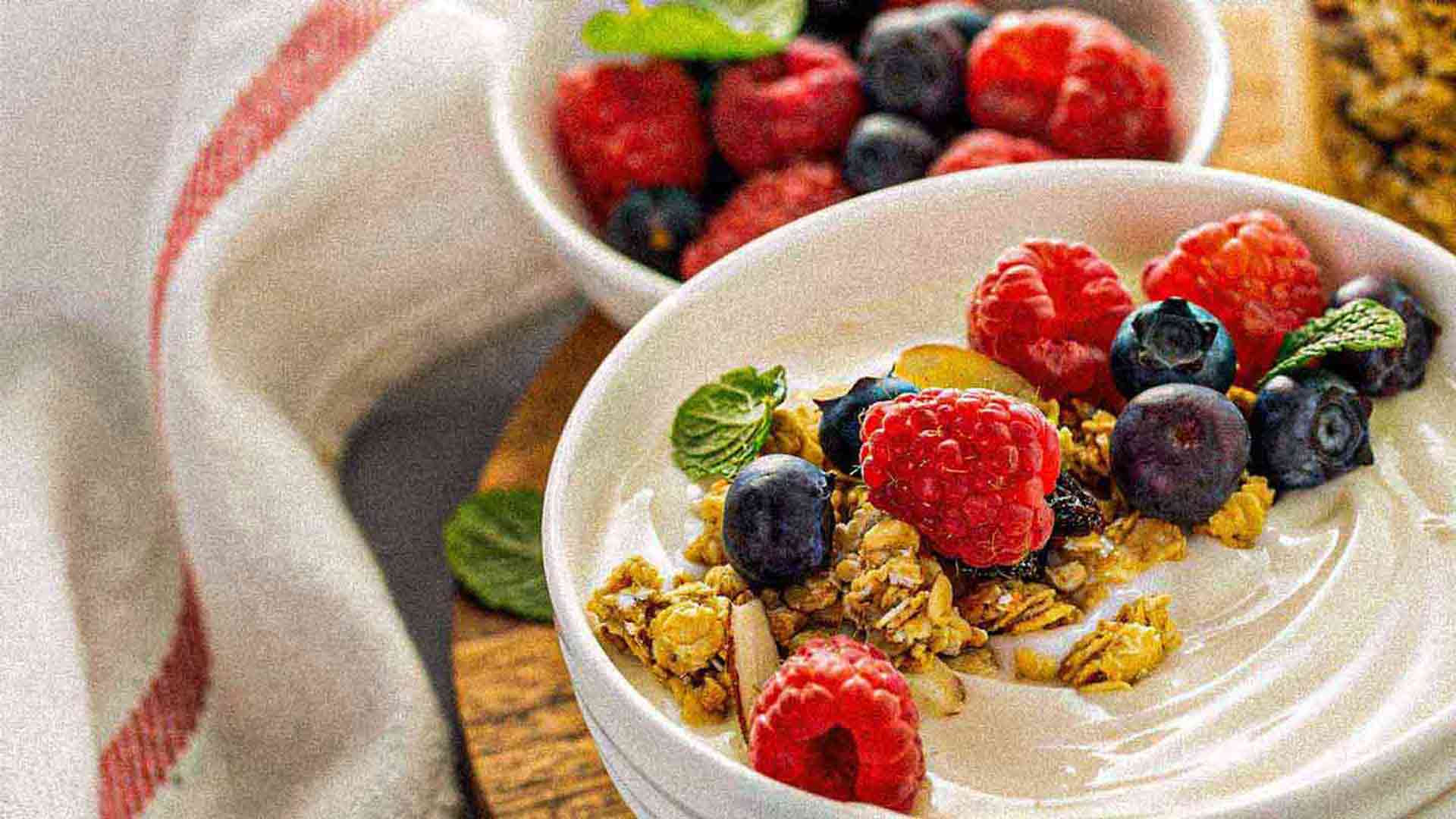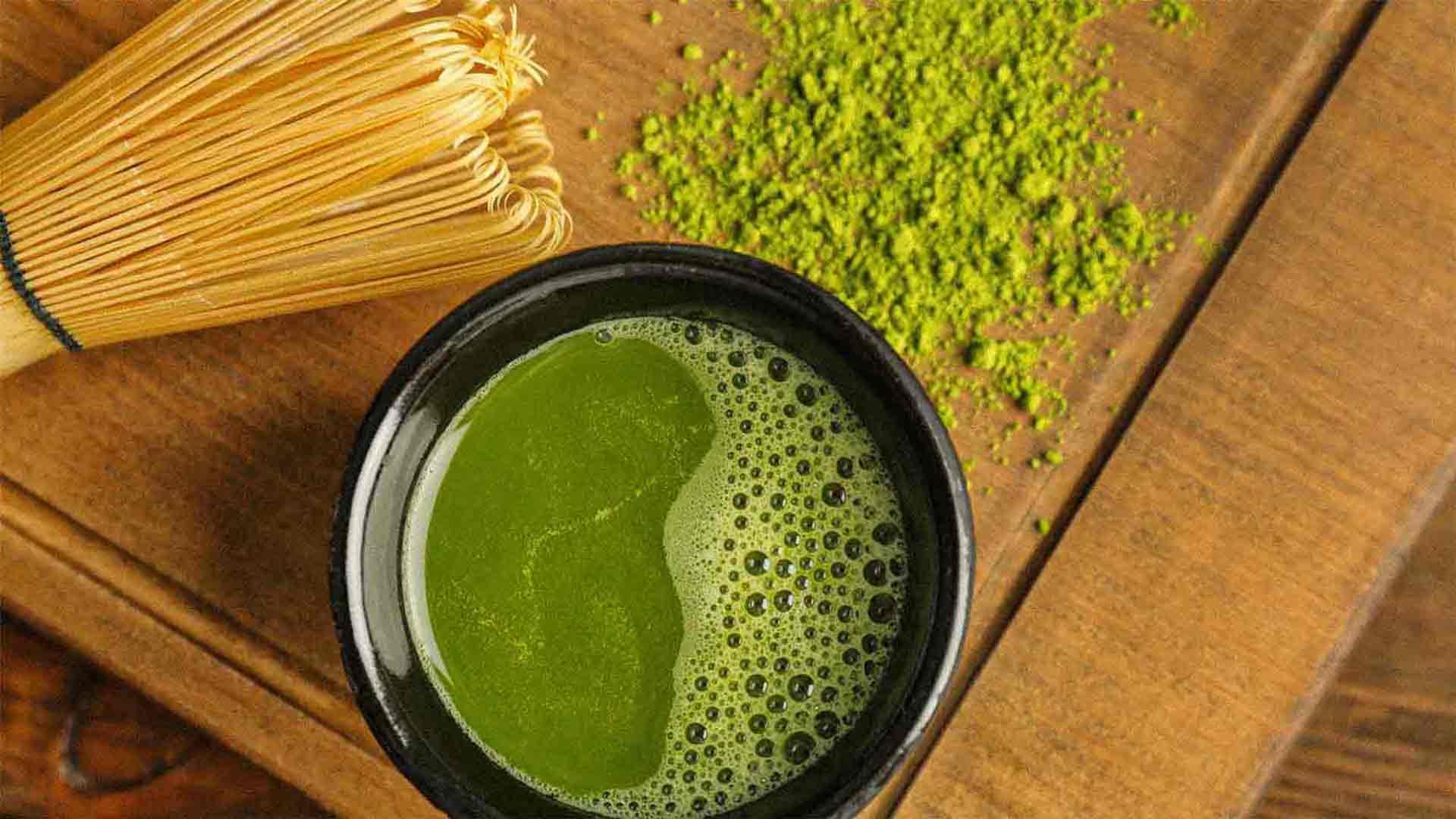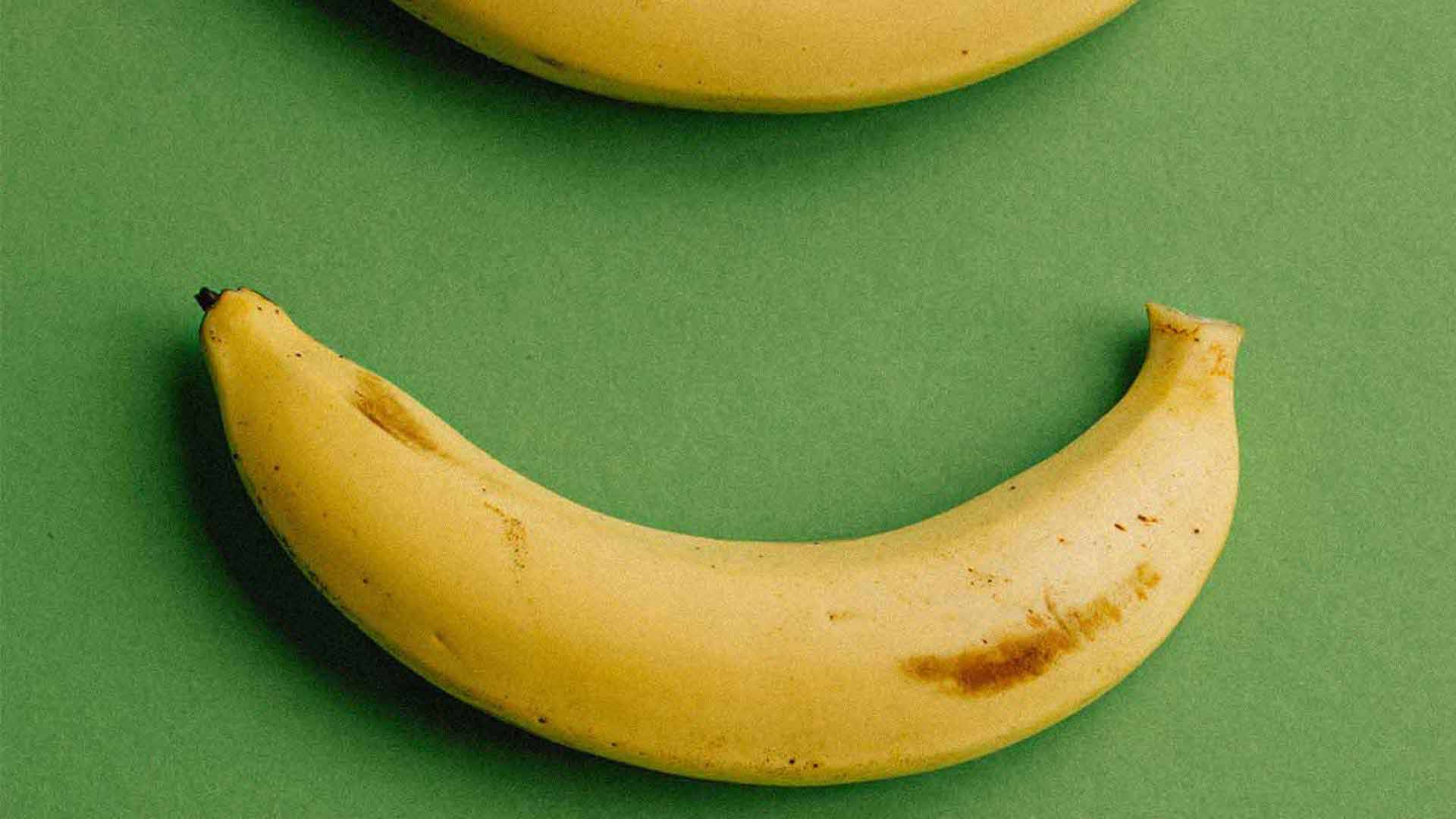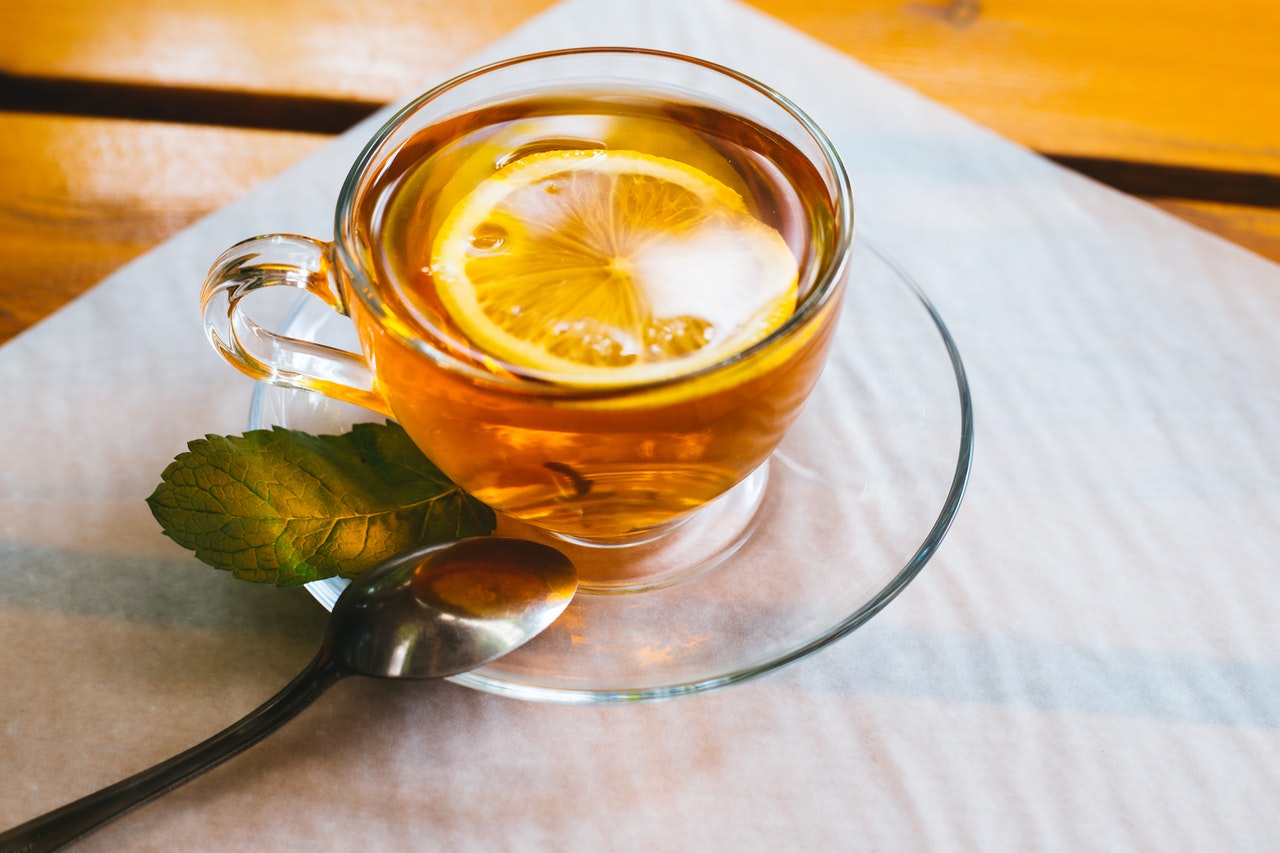Heart disease isn’t just for men. In the United States, it’s the number one threat to women’s lives, killing one woman every minute. Surprised? You’re not alone. Very few women realize that heart disease is their greatest health risk.1, 2
The good news is, most of these deaths can be prevented. While you can’t change some risk factors like genetics or age, there are plenty of things you can do to keep your heart healthy. Without a doubt, a healthy lifestyle is your most important defense—exercising, eating well, cutting back on alcohol and quitting smoking. But there are also certain supplements that can help keep you on track.
Here’s 4 of the best supplements for women’s cardiovascular health.
1) Coenzyme Q10
CoQ10 – Ubiquinone
CoQ10 is a vitamin-like nutrient that operates throughout your body—and especially in the hard-working tissues of the heart. There it does double-duty: helping your cells produce the energy they need to keep your heart pumping, while also fighting damaging free radicals.3 CoQ10 may even help ease muscle aches for some people who take statin medications, a common side effect of the drug.
Your body produces CoQ10 naturally, but as you age, your levels decline—especially in your heart. This trend appears to accelerate even further when you take statin medications.4 Your doctor can test your CoQ10 levels to help determine whether a supplement is needed.
So how do you get those levels back up? Certain foods like beef or fish contain CoQ10, but by themselves they can only do so much. The average diet only provides about 3-6 milligrams of CoQ10 per day—far short of the recommended daily dose, which ranges from 60-600 milligrams.5 A daily CoQ10 supplement is a much easier way to fill the gap and replenish what is lost due to age or medications.
CoQ10 – Ubiquinol
Ubiquinol is just a different form of CoQ10. It provides all the same benefits, but in a more absorbable form. It works like this: regular CoQ10 (ubiquinone) must be converted into ubiquinol before it can be used. Your body typically takes care of this for you, but the process becomes less efficient as you get older. Since ubiquinol in supplement form is pre-converted, it saves your body that extra step. This is why it’s often recommended for older adults.
Whether you supplement with CoQ10 or ubiquinol, keep in mind that both are fat-soluble. That means you should take them with a meal for better absorption. Since your body doesn’t store ubiquinol, make sure you stay consistent with your supplement routine for optimal results.
*CoQ10 and ubiquinol are not intended to serve as a replacement for statin therapy, nor should you discontinue taking any prescribed medications while supplementing with CoQ10.
2) Garlic
This aromatic ingredient may help you maintain healthy blood flow. Garlic is full of sulfur compounds like allicin that work like antioxidants to help protect cells from damage. When taken as part of a healthy lifestyle, garlic can support healthy blood pressure and help keep cholesterol within a normal range.6,7
3) Omega-3
Omega-3s are essential fats that help maintain the health and integrity of every cell in your body. They’re also widely recognized as good supports for circulation and healthy triglycerides.
Two types of omega-3s, EPA and DHA, are well-known for the variety of health benefits they offer. EPA may be especially important to heart health, recent research suggest. Some research (not conclusive at this point) shows that the consumption of these two nutrients may cut down the risk of coronary heart disease.
In light of this, the International Scientific Society for the Study of Fatty Acids and Lipids (yes, that’s a real organization) and GOED recommend that healthy adults get 250-500 milligrams of EPA and DHA daily. For those who have specific heart health needs, they recommend 1,000 milligrams or more per day.8
So how do you get more Omega-3s in your diet? One great source is fatty fish such as salmon, sardines, mackerel, and anchovies. Unfortunately, if you’re among the more than 90% of Americans who eat less than the recommended 8 ounces of seafood per week, you may not be getting enough.9 Some plant-based foods also contain omega-3s, but they provide a type that your body can’t use as efficiently.
If you don’t eat a lot of seafood, what should you do? Your best option is likely an omega-3 supplement. For information on dosage, see the supplements facts panel on your product label.
4) Vitamin K2
When you hear about vitamin K, you may think of the kind found in dark leafy greens that helps with blood clotting. That’s vitamin K1.
Vitamin K2 is entirely different. Unlike vitamin K1, vitamin K2 is found grass fed meats and dairy, natto (fermented soy) and egg yolks. It works like a “calcium director” in your body, activating enzymes that draw calcium out of artery walls, where its presence is associated with an increased risk of heart disease, and into your bones and teeth – where it’s needed most.
People who eat more vitamin K2 are shown to have a lower risk of heart disease, but most Western diets fall short.10 It’s probably easiest to get a consistent source of Vitamin K2 from a supplement that provides 100-200 mcg daily, taken with a meal.
Need help with supplements?
When it comes to supplements, there’s no one-size-fits-all solution. If you’re not sure where to start, take Persona’s free nutrition assessment, and learn exactly what you need to take your wellness to the next level.
About Dr. Louis Malinow
Dr. Louis Malinow has been in private practice since 1997. As the Director of Education and Clinical Excellence for MDVIP – the leader in personalized healthcare with a network of the best primary care physicians from across the country – Dr. Malinow lectures on nutrition and cardiovascular prevention. He was certified by ASH as a Clinical Hypertension Specialist in 2007 and is a Diplomate of the American Board of Clinical Lipidology. He was also recognized as one of 2021’s top 25 doctors in Concierge Medicine.
*These statements have not been evaluated by the Food and Drug Administration. This product is not intended to diagnose, treat, cure, or prevent any disease.
This information is not intended as a substitute for the advice provided by your physician or other healthcare professional or any information contained on or in any product label or packaging. Do not use the information from this article for diagnosing or treating a health problem or disease, or prescribing medication or other treatment. Always speak with your physician or other healthcare professional before taking any medication or nutritional, herbal or homeopathic supplement, or using any treatment for a health problem. If you have or suspect that you have a medical problem, contact your health care provider promptly. Do not disregard professional medical advice or delay in seeking professional advice because of something you have read in this article.
